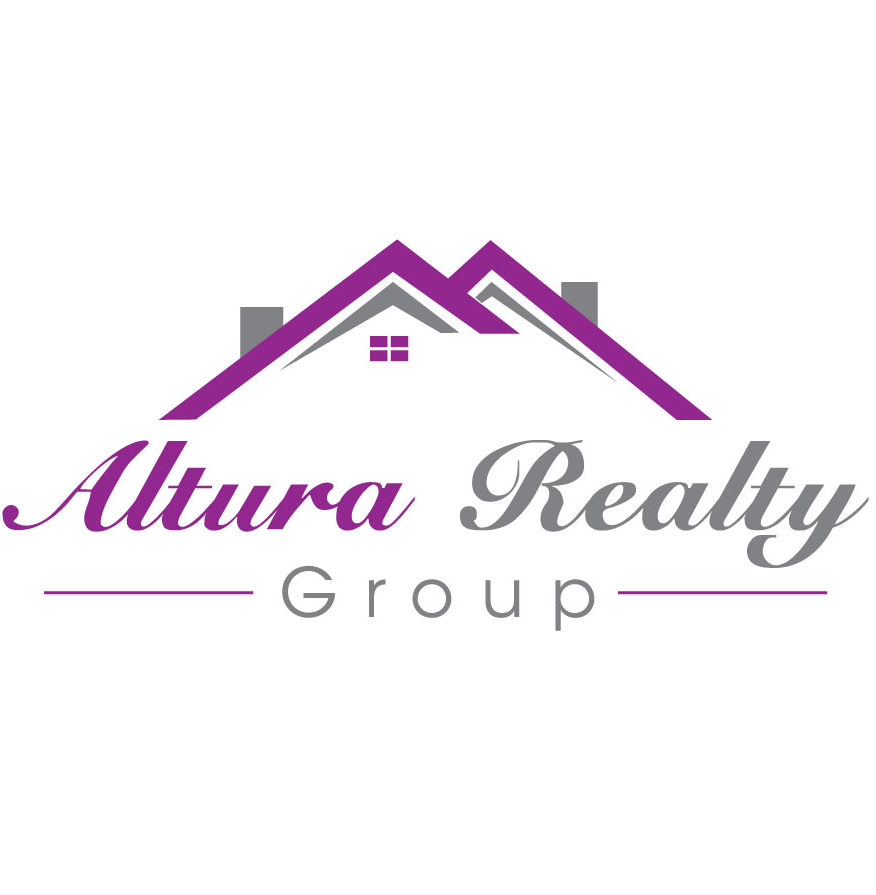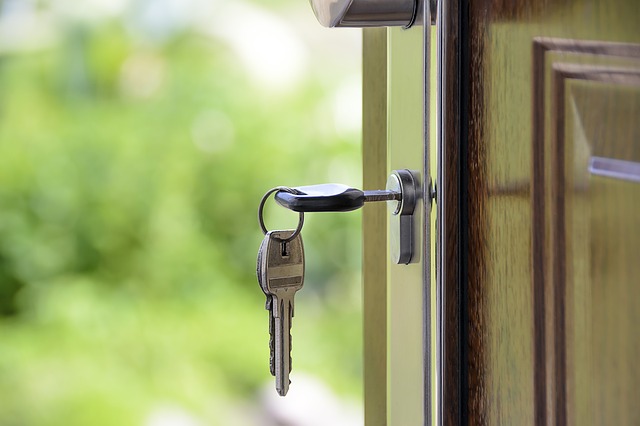There are costs associated with acquiring a new property that affect the buyer and seller of any real estate transaction. This blog post will be focusing on the costs the buyer should be prepared for when embarking on the journey to home ownership. The majority of the funds needed are for the down payment and closing costs.
Down payments on a home can range from 3.5% -20% or more depending on the type of mortgage loan. The down payment reduces the amount of mortgage loan financed. For example, if you purchase a house for $200,000 and your loan program requires a 10% down payment your down payment will be $20,000 and the amount financed will be $180,000.
However, be a well-informed buyer and recognize there will be other funds you can expect to pay.
Let’s take a look at a few you will have doing the home buying process.
1. Earnest Money Deposit. An earnest money deposit is money you submit with an offer on a house to show the seller that you are serious about purchasing the home. It becomes part of the down payment if the offer is accepted, is returned if the offer is rejected, or is forfeited if you pull out of the deal for reasons other than those stipulated in the offer.
2. Appraisal Fee- Although considered as part of your closing costs, this cost will usually be collected by your lender before the appraisal is performed. An appraisal is a professional opinion of a home’s value. This is not only a requirement, but a safeguard to ensure you are making a proper investment.

3. Home Inspections- A professional home inspection is recommended for any home purchase including new construction. A home inspection should uncover deficiencies of the property within the scope of the inspection. Specialty inspections such as for radon and mold are not uncommon and may offer more assurance that the selected property is a good investment.
One the appraisal and home inspection are completed the buying process continues to move towards closing. After contingencies are removed and additional loan requirements are meet, it’s time to close your loan. There are several mortgage options that allow the seller to pay all or a large portion of these closing costs on your behalf. If allowed, be sure to negotiate to get the allowable closing costs paid by your seller.
Example of Closing Costs could include:
• Loan application fees
• Legal fees
• Fees to the Title Company for their services
• Title Insurance
• Filing fees
• Paperwork copying fees
• Courier fees
• Property taxes
• Homeowner association dues
• Daily pro-ration for mortgage interest depending on the actual closing date
• Termite inspection fee
• Home warranty
• Appraisal fee
• Home insurance
• Possible loan insurance
• “Points” – optional. You may want to pay some of the interest on your loan to reduce your monthly rate.
• Other fees as required by your situation
After closing there are other immediate expenses to consider:
· Moving Expenses
· Utility Deposits if you are moving to a new area
· Appliances for your new home
· Window Treatments
· Lawn Maintenance Equipment
You can negotiate some of these items such as appliances, window treats, and even lawn maintenance equipment with the seller at the time of your offer.
If you are ready to take the leap and venture into the world of home ownership contact us today by phone at 615-534-2511 or schedule an appointment for a confidential consultation by visiting http://deecurtis.com/schedule-an-appointment.
Not sure if it’s the right to make a move? Click here to join our Savvy Home Buyers Tribe and learn more about the home buying process. Use the tips and tools we provide to make the best decision for you and your family at this time.
Until next time!
![]()








